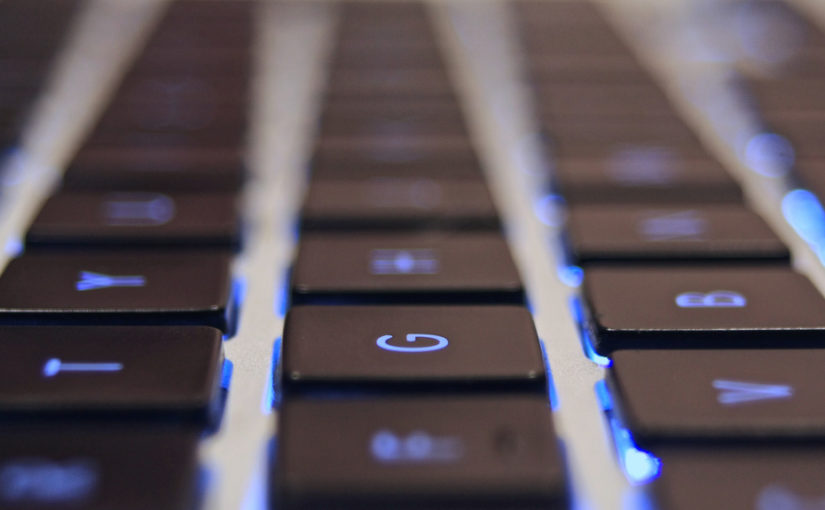This is Part III of my series, Work is Fun. Here is Part I and Part II.
In the winter, the weather outside bled through the office windows, accentuating the filth and decay surrounding us inside.
The drab, hazy grey skies mirrored the blank and fading walls.
Snowflakes fell lightly through naked branches like the gathered dust that tumbled down from the drapes and bookshelves above our desks.
But with happiness and facial expressions controlled by the drone boss and the smile scoreboard, the team appeared to be coping just fine in the disheartening environment.
Our cheerful mandatory greetings said morale was soaring, and our faces showed it: smile rates steadily hovered above the 70% weighted average requirement.
The statistics could only whitewash so much.
Dennis, the office dog, had stopped wagging his tail. He also started pooping more in prominent, high-traffic areas, making clean-up efforts more noticeable and less fruitful.
The toilet overflowed at least once a day. The sink in the break room dripped loudly. The lack of insulation and heating drove workers to wear jackets, gloves and beanies as we typed away, huddled in front of our laptops, like millennial vagrants warming to digital burn barrels.
Naturally, we further leveraged technology to cope with the elements.
Rather than lashing out or pouting, the team instinctively typed louder and louder on our laptops, hammering with increasing violence and vigor as times got tougher.
This allowed us to continue working while stealthily communicating our varying degrees of annoyance and frustration, which we never addressed in writing.
At first we employed a basic decibel scale to simply help us navigate team dynamics: if someone was typing loudly it meant they were on edge and needed space.
Soon we learned to skillfully manage the sound pressure of our keystrokes to say much more. We created a concert of clicking and clacking and typing and tapping, in complex rhythms and harmony.
Mornings would usually kickoff with two relatively standard five-minute pieces as workers grumpily started the work-day. The two songs were followed by an intermission as the boss distributed assignments.
A more-improvised song would arise mid-morning, usually sparked by aggravating feedback or emails, before another brief lull.
We marked lunch time with a particularly loud, militaristic number that began precisely at 11:55am and ended precisely at 12pm, when we would lock our laptops and leave for lunch.
The free-form afternoon schedule varied greatly. On good days the office would fall silent. On tough days the music would crescendo consistently from 1 to 5pm, with a grand finale closing out the day right on time.
What started as an innocuous, unspoken way to vent had grown into a musical form of support and collaboration.
Despite the anger and frustration driving these songs, the group’s connection grew strong and deep, like a disgruntled school of dolphins, or a mutinous colony of bats.
Over time, the typing grew louder, angrier and more violent. Smiling workers slammed their heads and rocked back against their chairs with the rhythms of each song.
Chairs and couches broke. Table legs gave way. Glass shattered.
All this time the boss never acknowledged our newfound musical ability because we continued to meet our quotas.
However, the broken furniture gave him pause. In addition the increased office noise levels during our songs drowned out announcements from the drone boss loudspeakers.
Further, the loud typing began destroying some keys on our keyboards, causing our work to suffer from uncharacteristic typographical errors.
The spell checker caught most of them; however, even the few slipping through cracks raised another red flag for the boss.
To fix the problem and improve efficiency, the boss ordered us all new laptops. They were framed as bonus rewards for the excellent work the team had produced over the past year. The equipment arrived on a Monday.
The installer wore a generic uniform and said the boss had sent him with instructions to distribute the laptops and answer any questions about the new technology.
We didn’t ask any questions, and instead sat smiling, with the smile scoreboard lighting up as the installer circled the room handing out the laptops like Santa.
The new laptops looked like our old laptops, with one key difference: the plastic keyboards had been upgraded to a rubberized material and the keys had been coated with a thin smooth surface that deadened virtually all noise and friction when its keys were pressed.
We said, “Thank you,” to the installer and the drone boss in unison and got back to work. Instinctively, we attempted to burst into song and rage through our keystroke symphony, business as usual.
However, as our fingers danced across our keyboards, a void of silence filled the office.
I kept typing hard – probably harder than ever – but no one could tell.
My colleagues around the room sat blank and bright, smiling at their screens, plugging away at their reports silently.
I sat back and watched the snowflakes falling outside, dying quietly as they hit the road.
Painfully obvious disclaimer: This work of fiction does not represent the keystroke practices or working environments of my current or previous employers.
Photo: Plinio.!
